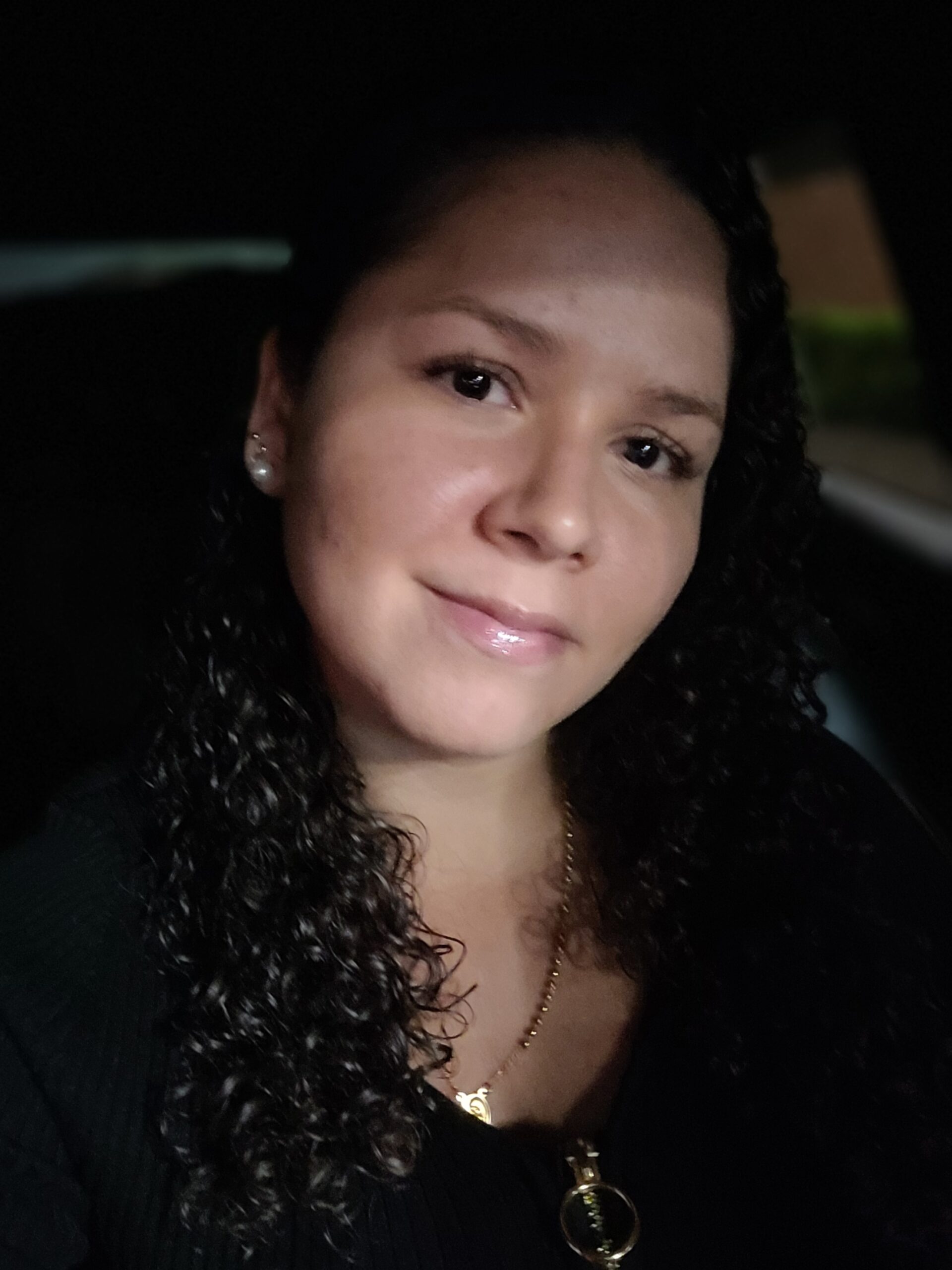Credit cards can be powerful financial tools if used responsibly, but they can also lead to significant debt if mismanaged. Many people fall into the trap of high-interest rates, minimum payments, and revolving balances, making it difficult to achieve financial stability.
In this article, we’ll explore the best strategies to use a credit card wisely, avoid debt, and even improve your financial health.
The Pros and Cons of Credit Cards
Before using a credit card, it’s essential to understand both its benefits and potential risks.
✅ Benefits of Using a Credit Card Responsibly
- Builds Credit Score – Consistent, on-time payments improve your credit history.
- Offers Rewards & Cash Back – Many cards provide benefits like travel miles, points, or cashback.
- Provides Emergency Funds – A credit card can be useful for unexpected expenses.
- Increases Purchase Protection – Many cards offer fraud protection, extended warranties, and insurance on purchases.
❌ Risks of Credit Card Misuse
- High-Interest Rates – Carrying a balance leads to costly interest charges.
- Debt Accumulation – Overspending can result in financial struggles.
- Damaged Credit Score – Late or missed payments negatively impact your credit score.
To enjoy the benefits without the risks, you must develop smart credit card habits.
How to Use a Credit Card Without Falling Into Debt
1. Pay Your Balance in Full Every Month
The easiest way to avoid credit card debt is to pay the full statement balance before the due date. This prevents interest charges and ensures you’re using the card responsibly.
🔹 Tip: Set up automatic payments to ensure you never miss a due date.
2. Use Your Credit Card Like a Debit Card
A great rule of thumb is to only charge expenses to your credit card if you already have the money in your bank account. This prevents overspending and ensures you can pay the full balance.
3. Avoid Minimum Payments
Credit card companies allow you to pay a small minimum amount each month, but this keeps you in debt longer and increases interest costs.
💡 Example: If you owe $1,000 on a card with 18% interest and only make minimum payments, it could take years to pay off the balance!
Always pay more than the minimum—ideally, the full balance.
4. Keep Your Credit Utilization Below 30%
Credit utilization is the percentage of your credit limit that you are using. Keeping this low improves your credit score.
✔ Good Credit Utilization: 10% – 30%
❌ Bad Credit Utilization: 50% or more
🔹 Example: If your credit limit is $5,000, try to keep your balance below $1,500 at any time.
5. Set a Personal Credit Limit
Even if your card allows a high spending limit, set a personal limit that fits your budget.
🔹 Example: If your card has a $10,000 limit but you only earn $2,500/month, keep your spending well below what you can afford.
6. Use Credit Cards for Planned Purchases Only
Avoid using a credit card for impulse spending. Instead, use it for:
✅ Planned expenses – Bills, groceries, gas.
✅ Recurring payments – Streaming services, subscriptions.
✅ Necessary big purchases – Travel, home appliances (only if you can pay in full).
7. Choose a Credit Card with No Annual Fees
If you’re new to credit cards, select a no-annual-fee card to avoid unnecessary costs.
🔹 Best No-Annual-Fee Credit Cards: Chase Freedom Unlimited, Capital One Quicksilver, Discover it Cash Back.
8. Take Advantage of Rewards & Cashback
Many credit cards offer rewards like cashback or travel points. However, don’t overspend just to earn rewards.
✔ Good Example: Earning 2% cashback on groceries you already planned to buy.
❌ Bad Example: Spending $500 extra just to earn $10 in rewards.
9. Be Aware of Hidden Fees
Avoid unnecessary charges by understanding your card’s fee structure.
- Late Payment Fees – Pay on time to avoid penalties.
- Foreign Transaction Fees – Use a travel-friendly card when abroad.
- Cash Advance Fees – Never use your credit card to withdraw cash; the fees are very high!
10. Monitor Your Credit Card Statements Regularly
Check your statements each month for fraudulent charges or billing errors. Many banks allow you to set up alerts for unusual transactions.
11. Have Only One or Two Credit Cards
For beginners, one credit card is enough. As you build responsible credit habits, you may consider a second card for additional benefits. However, too many cards can lead to mismanagement and overspending.
12. Know When to Say No to Credit Increases
Banks often offer credit limit increases, but this can lead to higher spending temptations. Only accept increases if you are disciplined with spending.
How to Recover If You’re Already in Credit Card Debt
If you’ve accumulated credit card debt, take action immediately:
1️⃣ Stop using your credit cards for new purchases.
2️⃣ Make a repayment plan using the snowball (smallest balance first) or avalanche (highest interest rate first) method.
3️⃣ Negotiate a lower interest rate with your credit card issuer.
4️⃣ Transfer your balance to a card with a 0% interest introductory offer (if you qualify).
5️⃣ Increase your income through side jobs or freelancing to pay off debt faster.

